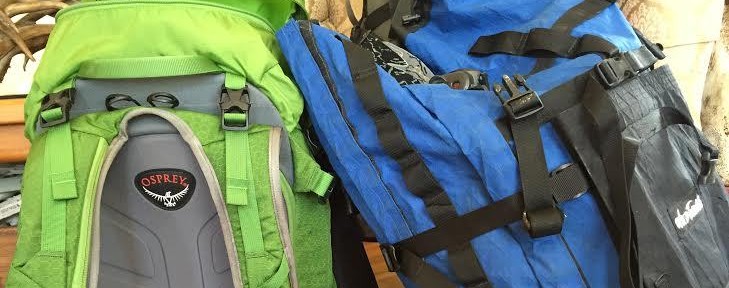(IRIS) ALL AVAILABLE SEARCH AND RESCUE MEMBERS BE AVAILABLE TO HIKE MT ELBERT TO THE SUMMIT TO ASSIST A HIKER.
That’s generally the type of text message that ruins my plans—as it does just as I come down for coffee this Friday morning, May 8th. It’s all about me, you see, and I’m irked that Mike, our son Nick and two other young responders will be out on a snowy, stormy mountain all day rescuing one lost, and I believe irresponsible, hiker. When I hear that he’s requested a helicopter, I get really pissed, and my thoughts take me to a dark place.
“Let Darwin take this one,” I suggest. It seems to me that more and more people throw caution to the ominous clouds in foolish personal quests knowing that all they have to do is call 911 when things stop being fun.
But my husband cannot do this despite all the past rescues that have ruined weekends and holiday dinners and left me feeling like poppin’ a cap in the asses of the asses he’s rescued. A little buckshot in the butt might keep them from ruining someone else’s day down the road, I think.
It also irks me that most people think Search and Rescue (SAR) folks get paid for their efforts. In our county, as in most, SAR is strictly a volunteer organization. Those who offer their time and risk their lives for others do it because they believe in it. They have a unique genetic code that screams of selflessness, and if only our scientists could harvest and implant that code in others, our world could be a much finer place.
I don’t consider myself to be a helicopter wife, but I make my first call to Police Dispatch at 8 p.m. and my second at 10:45 p.m. I’ve long ago put dinner in the fridge. It’s been storming and thunder-snowing and, hell, they left early this morning and know the mountain inside and out. I’ll be seriously pissed off if they’re not back soon. I’m worried.
“They’re almost to the North Trailhead and sounding fine,” the dispatcher tells me. She probably thinks I’m a cry-baby.
Sure, I’ve written and sent out far more queries to literary agents than I had planned for the day, and I’ve almost finished reading Steinbeck’s The Winter of Our Discontent (appropriate, I think), but hours of anxiety leave me feeling edgy.
It’s 12:07 a.m. and my phone pings. It’s Nick.
Heading back now. If you’re still awake, can you heat up all the food?
Yes, I respond, smiling at his phrasing while sticking the dinner I hoped they would have enjoyed much earlier back in the oven. But I’m still a little irked.
Finally, they’re home. They’re tired and wired and starving. They’re wind-burned and sunburned and smiling. They’ve saved the life of an individual unfortunate in many ways who surely would have perished had our volunteers decided not to respond to the IRIS page. They thank me for the hot dinner, devoured in an instant, and tell me how pleased they are with how the mission turned out.
Close to 1 a.m., I hand Nick a container of what remains of “all” the food and hug him. He’ll be heading to the Mine to begin his 12-hour shift in about four hours.
I’m no longer irked. Tired, yes, but bursting with love for my family and pride in them as people. My fatigue, my inconvenience, is less than insignificant. I’m the luckiest woman in the world. Lucky, too, are the countless individuals whose lives are saved by the selfless volunteers who risk everything to ensure those individuals have another opportunity—hopefully—to make better decisions in their future.
